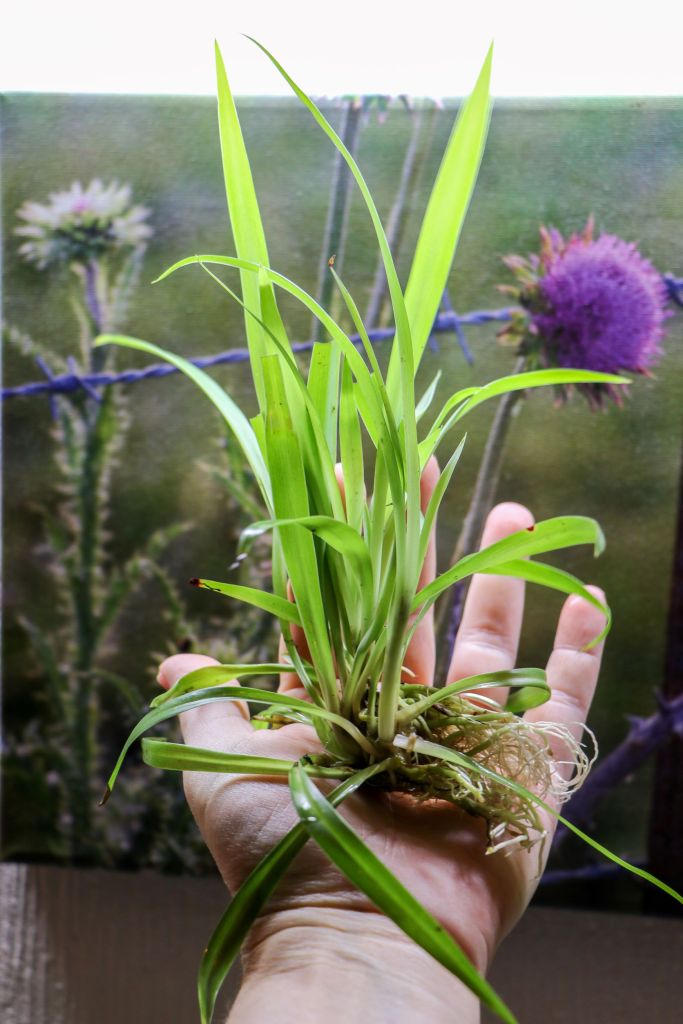 Insulinoma (also known as Hypoglycemia) and adrenal disease are the top-two most serious illnesses that many domestic ferrets face. Both diseases are common and even probable in ferrets after three years of age. Both are caused by tumors.
Insulinoma (also known as Hypoglycemia) and adrenal disease are the top-two most serious illnesses that many domestic ferrets face. Both diseases are common and even probable in ferrets after three years of age. Both are caused by tumors.
During my 13 years of caring for ferrets I have lost several of my wee babes to both diseases.
While surgeries can be performed on both types of tumors, and surgical removal can extend the life of the afflicted animal, such extensions are minimal and will depend on the age of the ferret and at what life stage the surgery is preformed. Quite frankly, I have had better luck keeping my babes alive and (relatively well) without surgery.
Insulinomas are tumors of the pancreas, the organ that produces insulin. Insulin moves sugar (or glucose) out of the blood into the cells of the body and to the brain. As the tumors grow, the pancreas produces more insulin and glucose is reduced becoming scarce for the brain. Glucose is essent ial for brain function.
ial for brain function.
Early symptoms for Insulinoma is lethargy, spaciness, and lack of energy. Ferrets may first show signs of going “flat” after long bouts of play. You may notice them having difficulty keeping their back legs up for support on a finished floor. Hypoglycemic ferrets move slowly and show delayed response to their surroundings.
If you notice these symptoms in your ferret you should make a veterinarian appointment right away. Ferrets should be fasted for 12 hours before glucose testing with a veterinarian to diagnose hypoglycemia. The test is relatively painless (just a quick pin stick) and are inexpensive.
Once diagnosed, your vet will go over with you the best plan of treatment for your pet.
Barring surgery, most cases of Insulinoma are treated with low doses of Predinose, twice per day, to regulate your pet’s glucose levels. Predisone does nothing to effect the tumor or its growth rate, but treats the symptoms of the disease instead.
Should your ferret experience a hypoglycemic attack, commonly called a “crash”, you should administer a liquid high in sugar content such as honey or corn syrup. Gently syringe the liquid into his or her mouth just drops at a time. Ferret Vite or Nutra Cal, both high calorie ferret vitamins, are great sources of sugar to help boost glucose levels.
Once your ferret starts to come around he or she will be hungry and require protein and should have plenty of fresh water and access to a high protein meal. Ground chicken or chicken baby food is a good choice to replenish their bodies of protein after a crash.
Tonight, my nine year old ferret Scooter, crashed. It was a big crash and it scared me to death.
When I went in to give him his nightly dose of Predisone, he was conscious, but totally zoned out and limp as a noodle. He was fine just a handful of hours ago when I had him out to play.
But when I removed him from his enclisure his breathing was labored and he wasn’t responding to me at at all. He didn’t even give Romey a second look and he’s almost always down for chomping on Romey’s big, juicy nose. I was afraid I was losing him right then.
I immediately gave Scooter 2 ml of sugar water and a bit of Ferret Vite followed by about 5 mls of water, over a period of a few minutes.
As he began to come around I gave him a few high protein cat treats (he loves cat treats) and then a saucer of warm chicken baby food. He eats chicken baby food like a beast.
An hour later he’s not running any races but he’s moving around, responding to play, and has already pottied once.
Pottied. That’s almost always a good sign.
A few more mls of water from the syringe and he’ll be ready to go back in his ferret mansion for some dry kibble, and of course, rooting in his blankets until morning when it’s time to romp, or slide around, before I start my work day.
I can only hope for as many good days as we can get; this disease is about the get the best of the old man. He’ll sleep most of the workday in a basket beside my desk, wandering out occasionally to slink and slip across the floor in search of mischief. At the end of the day we play, eat, and change all the bedding in his mansion. 
Over the months his Mansion has been reduced to one level. He doesn’t do well climbing ramps these days. He no longer potties in a raised sided litter box but on a potty pad in the corner of his cage and he’s still very good about making it to the corner. Food an water bowls have been exchanged for the shorter version so he can easily access them. Blankets and kennel liners are replace twice a day to make sure he’s comfy and clean.
Scooter’s days are limited. With the average lifespan of a ferret being 6-10 years, his cycle is nearing its end. It won’t be long until I am saying goodby to yet another beloved pet and what a heartbreaking day it will be. This little guy has been the root of so much laughter and stress relief with his silly antics I cannot even begin to recall it all.
The only bad thing about keeping pets, is that they just don’t live long enough. But oh what a joy they are to have while they’re with us.



